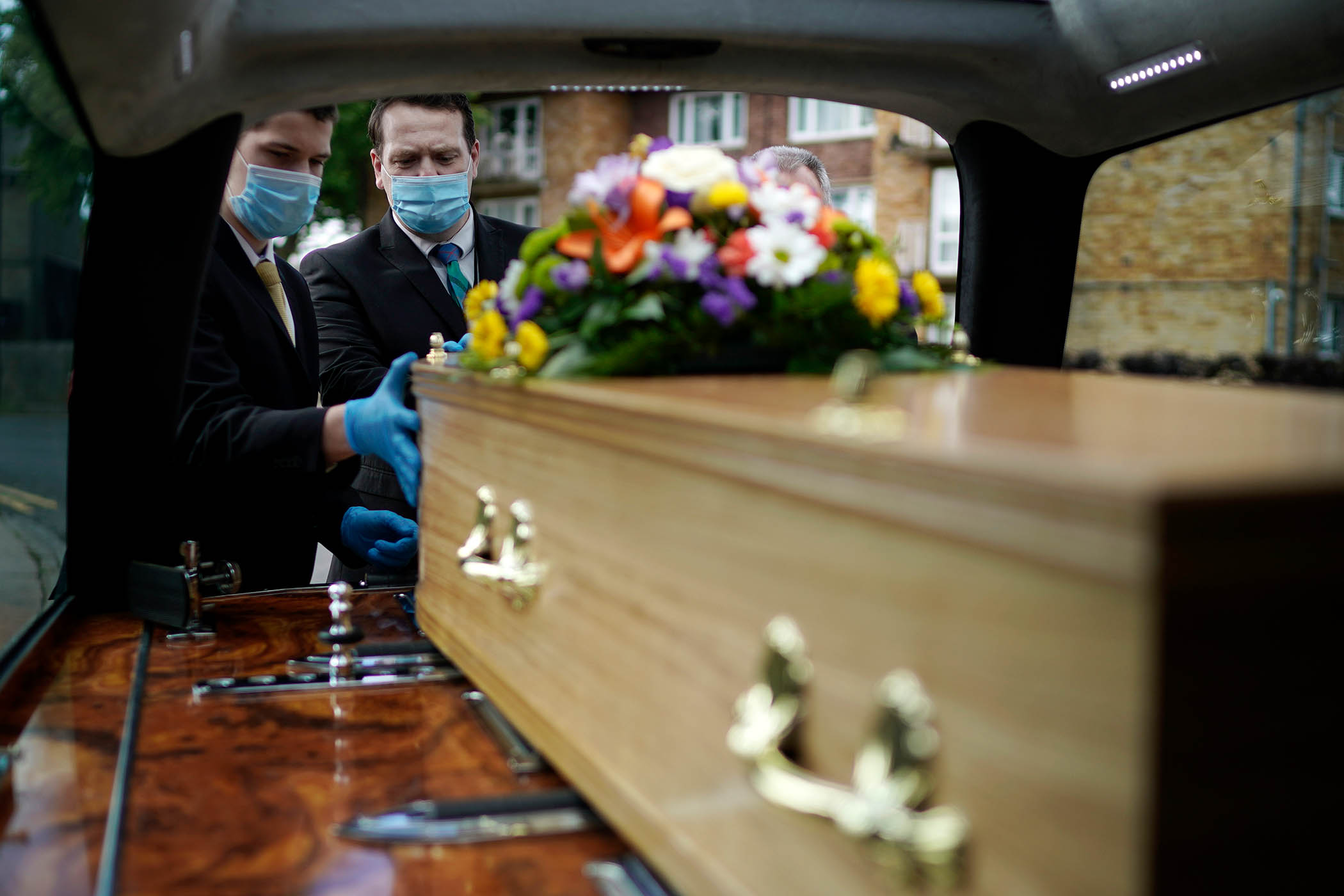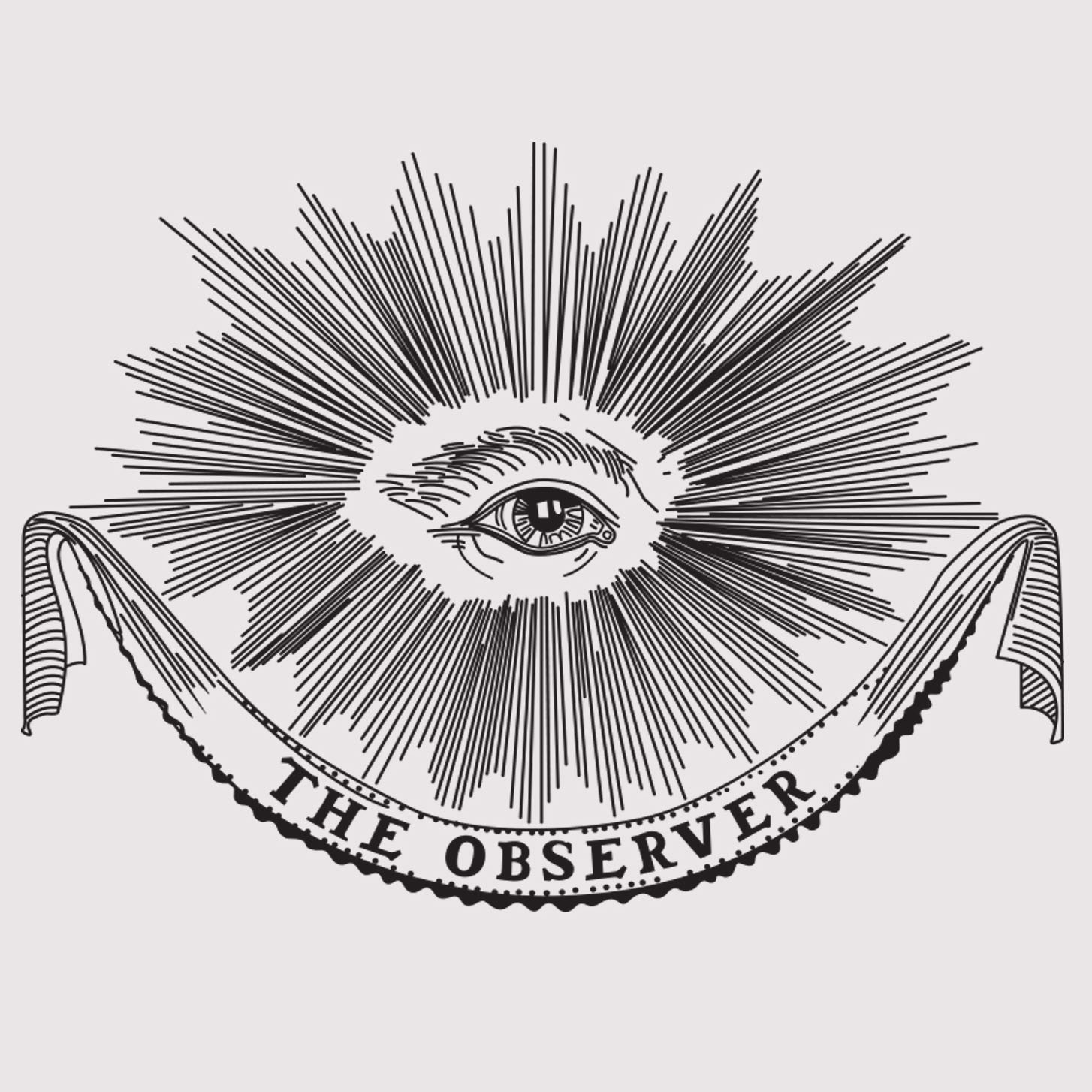Twenty-three thousand people died in the UK after being infected in the first wave of the pandemic, according to the official report on the second module of the Covid inquiry. They could have been saved if Boris Johnson’s government had ordered a lockdown one week earlier. The number is worth repeating, and not just because it’s large or because of the devastating inference that even more lives were lost avoidably through delays to the second and third lockdowns. The reality is the exact number is unknowable. It’s one thing to debate it – clearly, the data and methodology can lead to different calculations on quite how many thousands of people died unnecessarily. But it’s another thing to discredit it – no one suggests that the delay in responding to the evidence the government had in the early months of 2020 led to anything other than thousands of deaths and a hangover of sickness, grief and scars on young and old, all of which could have been avoided. The main reason the number needs to be remembered is that those who could have saved these lives would rather it were forgotten.
The report, published last Thursday, sets out evidence of astonishing dysfunction in Downing Street and the Cabinet Office: blithe indifference to the spread of the pandemic when there was still time to muster a coherent response; panicked effing and blinding when it was too late. For one lost month, and arguably two, there was an almost complete failure to respond to expert advice as the government should have, by listening and acting. As a result, the report says, the lockdowns were longer and harder than they might have been. In addition to the lives lost, nearly nine million children lost most of a year in school. In care homes there was an epidemic, within the pandemic, of depression.
The report’s central finding that the Johnson government did too little, too late, has been widely and dutifully reported. There has been little discussion of accountability, replaced in many outlets by commentary on three themes: that the findings are not new, that they don’t represent value for money given the inquiry’s £200m cost, and that blunders were inevitable in the circumstances. Michael Gove, who served in Johnson’s government, has carefully questioned the methodology behind the 23,000 figure. Nadine Dorries, Johnson’s most redoubtable outrider, has called the report sensationalist. (It is not.) Geoffrey Clifton-Brown, a Conservative MP and chair of the public accounts committee, has said it tries to rewrite history, correctly identifying the risk but fingering entirely the wrong culprit. It is Johnson who has reacted to the report with a rambling essay that picks an argument with the inquiry’s chair, Heather Hallett, and bizarrely conflates the UK’s argument with Putin and his government’s failure over Covid.
The pandemic was unprecedented. No contingency planning outside South Korea and Taiwan proved equal to it. No country in Europe was able to contain the virus or save the most vulnerable. If the record showed that the Johnson government took the pandemic seriously enough early enough, and did its utmost to save lives and lead by example as the virus mutated and returned in the winter of 2020-21, the verdict of this report, and of history, might be more forgiving. But the record doesn’t.
Matt Hancock told the inquiry there was no scientific consensus that Covid was spread asymptomatically until April 2020. In fact, the government was told about crucial evidence of asymptomatic transmission in January. Despite this, in early March, as the virus ravaged Italy, Johnson was boasting of shaking hands with patients in hospital wards. On 7 March, a Saturday, he and Hancock exchanged mutual congratulations via WhatsApp and a Twickenham-bound Johnson signed off with: “OK, let’s talk Mon. Am off to rugby.”
The report shows that senior advisers and officials understood the risk of mass casualties and of the NHS collapsing by Friday 13 March, but it would be 10 more days before the first lockdown was announced. It is now clear that those 10 days cost tens of thousands of lives that a more agile and responsive government could have saved. The lessons of the Hallett inquiry are not just for politicians. Scientific advisers were too slow or too remote to listen to frontline NHS staff; medics, too, need to listen to patients who reported wildly different treatments within the health service; and, since the end of the pandemic, the pro and anti-lockdown lobby have become more convinced of their rightness, less willing to listen and learn.
Johnson resigned as prime minister and left politics – for now – because he lied; he deliberately misled parliament over Downing Street parties during the Covid lockdown. He and his cheerleaders still seem to have a problem with the truth. It would go a little way to restoring the public’s trust in politicians if, when the verdict comes in, they accepted responsibility rather than trolling the judge. The Hallett judgment confirms what people were saying at the time, namely that the bombastic prime minister’s optimism bias was going to be paid for in British lives. It was.
Photograph by Christopher Furlong/Getty Images

